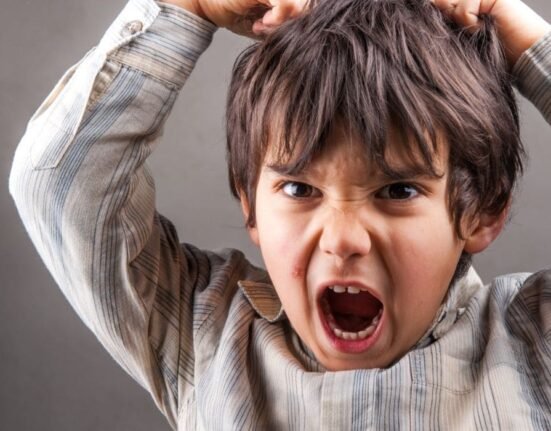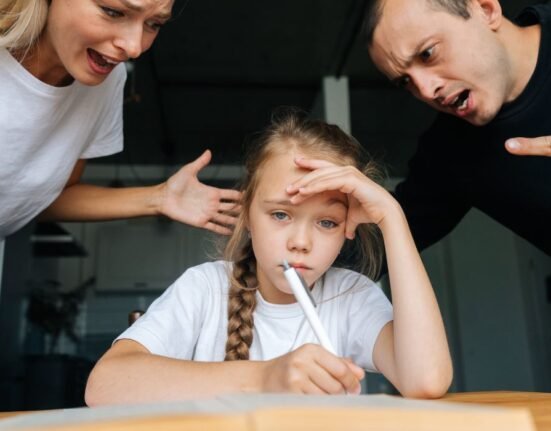Parental Neglect is an extremely serious concept as the consequences it carries are and can be very damaging such as those compared to child sexual abuse, rape etc. It can also be very harmful as it directly affects the well-being and healthy functioning of the child. This might manifest later in their adulthood. There might be an escalated risk for them wherein they can engage increasingly in substance abuse and hence impair their normal functioning.
Studies have increasingly shown that emotional neglect affects the child to a great extent. There are different kinds of neglect. These include physical neglect such as absence of a parent most of the time and emotional neglect such as different kinds of violence happening at home and the parent being unavailable for the child especially when he or she is going through various spectrum of emotions.
Physical neglect might bring a lot of harm to children such as engaging in criminal behavior, hurting themselves and leading to medical neglect etc. If the child’s emotions are not paid attention to, it can then lead to issues in development at a social, emotional and physical level.
Now, neglect also should be seen from the perspective of age. If supposedly the child has been neglected at a very early stage in life then he/she may be unable to accomplish some age-appropriate milestones. Therefore, different development periods and neglect at each stage uniquely manifest themselves. The impact and effect of parental neglect has been seen across all aspects of life such as lowered academic achievement, problems adjusting in workplaces. The moral judgment of a child is also heavily hampered. Some of the children are also likely to be very anxious all the time. A study by Toth, Cicchetti et.al found that children who have been neglected have mental representations that are very negative especially when it comes to self and others. Because they are neglected to such a great extent, they start feeling that they are not worthy of love at all and they start perceiving the others too as rejecting of them (Toth & Cicchetti et al, 1997). When it comes to how they view themselves, even the concept of self is very fragmented for them. They do not think of themselves in a positive manner and even if they do, it is way too restricted. Therefore, it is very important to look at their ways of self-representation very vividly and work on their negative self thinking patterns.
A neglected child always finds ways to self-isolate themselves from people and avoid human interaction to the greatest extent possible, due to the wide array of fears they carry. The coping behaviors of a child who is neglected should also be supervised very thoroughly. Another area that a child might face problem is how to deal with stressful situations because their parents haven’t been able to become a model for them, filling situations of chronic stress with uncertainty and chaos. There are certain gendered patterns to this neglect and hence a boy and a girl may respond differently to neglect.
Another issue that they face is, feeling afraid to show love and affection to other people and always being very cautious about the amount of it being displayed. This might then create some issues in the interpersonal realm. Poor mental health is also a direct outcome where the child might be at higher risk for developing disorders such as depression, anxiety and suffer from issue of low confidence, self-esteem etc. They might also engage in risk taking behaviors in a sexual realm.
One additionally important thing that one needs to address is that when neglect happens, the impact felt is not just at a micro level but it is also heavily impacts at a macro level where the society is also involved in terms of providing community care by enforcing certain mental health system and laws related to it. Hence, if everyone at a macro and micro level start spreading a lot of information about the dangerous impacts and consequences of child neglect they might be able to function better. There can be a lot of interventions designed, per ss, not for the parent but also for the child. If both continually put efforts, the risk factors can be minimized and mental health and well-being of the child can be taken care of.












Leave feedback about this